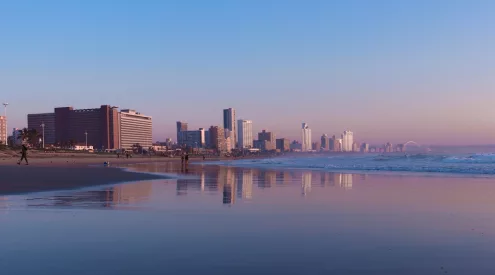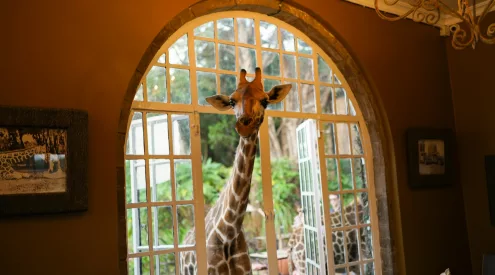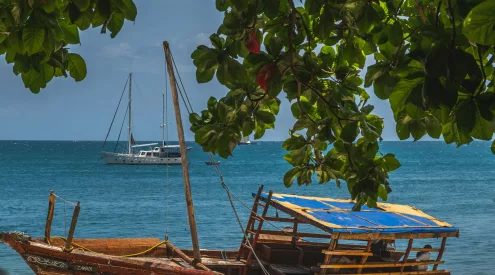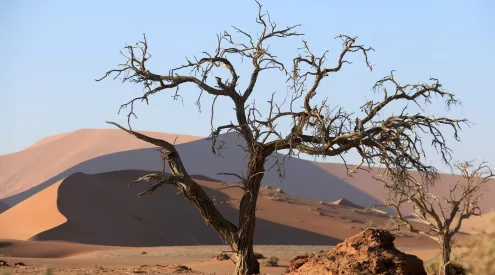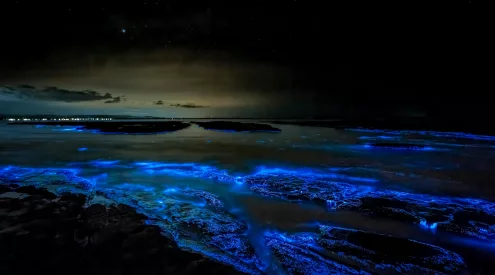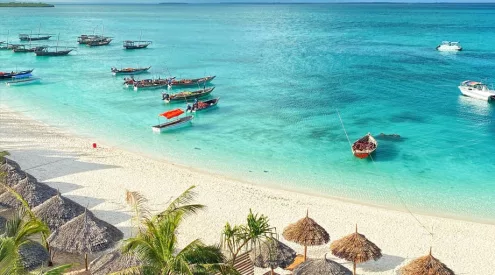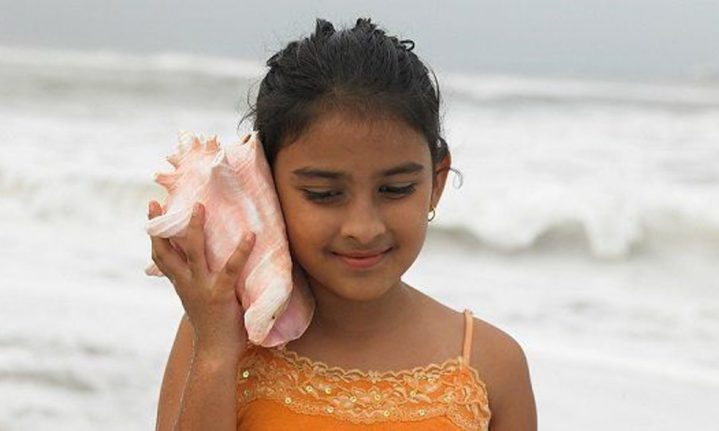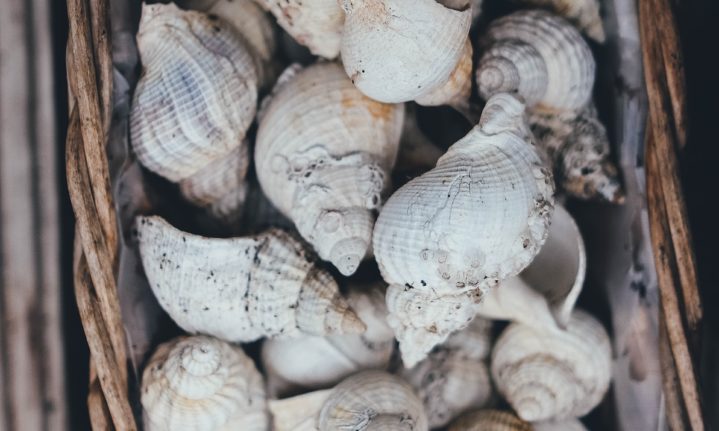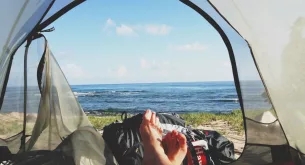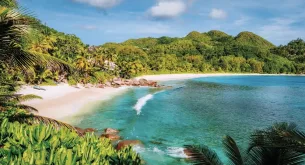Collecting shells is a favourite pastime for many beachgoers. But in some popular tourist destinations like Mauritius where thousands of annual tourists tend to bring home a beach souvenir, it’s starting to take a toll on the surrounding ecosystem. Research has found that the seashells on Mauritius’ beaches are vanishing. Here’s why.
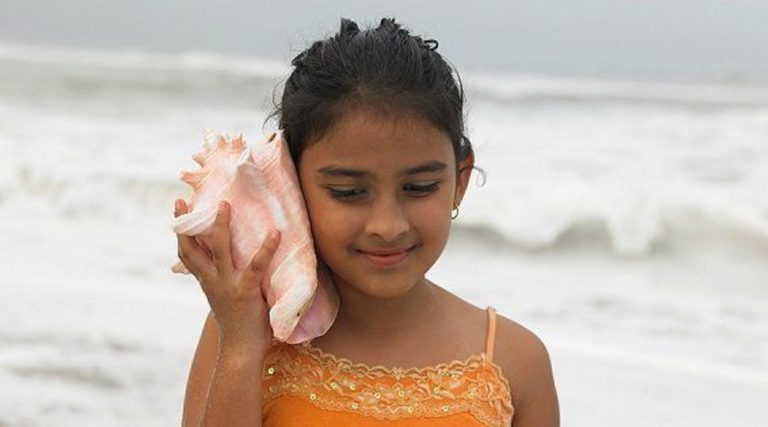
Picture: Unsplash
According to Mauritian oceanographer, Vassen Kauppaymuthoo, Mauritius’ amount of shells have decreased by 60% in the last three decades. He told the BBC: ‘I don’t think many people know the importance of seashells and how much they are being affected.’
So why are seashells so important, and why is it such a problem when tourists collect them? It is not only because of the shelter it provides other marine species, but plays a wider role in recycling nutrients back o the ocean. It is most commonly understood that shells often serve as a home for other marine species, such as hermit crabs that scour the beach searching for the ‘home’.
These crabs play an important role as scavengers and feeders on algae, and the overexploitation of shells will result in the disappearance of these crabs, and an increase in algae.
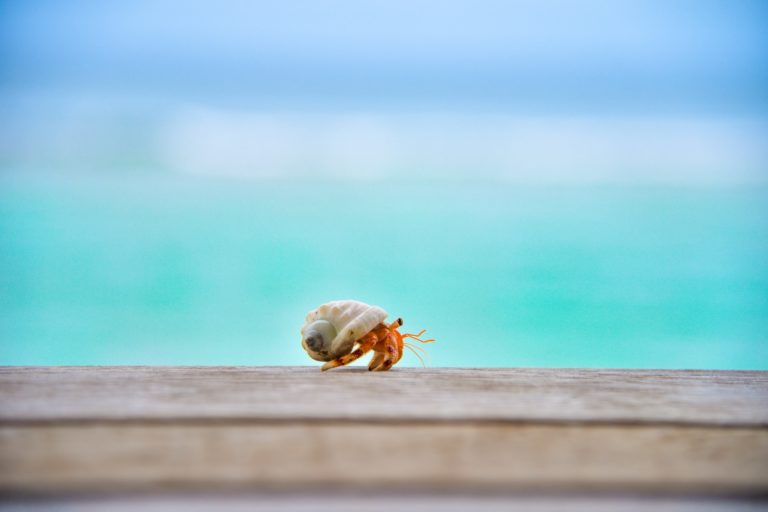
Hermit crabs play a vital role in shoreline ecosystems and are reliant on seashells for their survival. Picture: Unsplash/ Ahmed Sobah
Shells also serve as an important substrate for corals and sponges to settle. They have a variety of functions, and their removal will negatively affect a broad spectrum of organisms, such as the establishment of reefs and seagrass, and its relationship to vital species, such a hermit crabs.
This overexploitation has resulted in local scarcity and loss of mollusc species in many tropical countries such as Kenya, Columbia, Seychelles, Australia and many other island states.
Don’t be shellfish
A study in Spain that was conducted over thirty years revealed that Mauritius’ increase in tourism was directly correlated to the loss of shells – a total reduction of 60%.
Another survey in Zanzibar showed that 39% of tourists collected shells, and 7% had bought them, where the total amount of shells exported from the island are estimated to be 13 tonnes annually.

During this survey, tourists acknowledged the environmental consequences of collecting shells, but after a general discussion, they admitted to taking ‘only a few.’
A few shells collected here and there shouldn’t have drastic environmental consequences, but in popular holiday destinations that see thousands of tourists, it can lead to the scarcity and loss of some mollusc species. But there are promising signs, where a hotel pamphlet in Matamwe, Zanzibar informs its guests on the issue:
‘During the last part of your trip to Matemwe, you might have noticed small shops along the road selling seashells and corals. We do not encourage such enterprises and kindly request you to leave the treasures of the sea where they belong: the ocean in front of you. However, shop owners are encouraged to sell locally made handicrafts. May we draw your special attention to the shop close to the bungalows?’
Kauppaymuthoo says to prevent further damage, only 10 seashells per visitor can be collected in Mauritius for keepsake, and only from certain beaches. But he still advises that guests don’t pick them up at all.
His advice for those visiting Mauritius: ‘Look at the shells, take photos of them – that way you can have fond memories and also know that you are saving them too.’
So, when thinking of things to do in Mauritius, think of how you can responsibly appreciate the island nation’s beautiful seashells.
ALSO READ: 5 yummy ice cream shops in Durban
.

